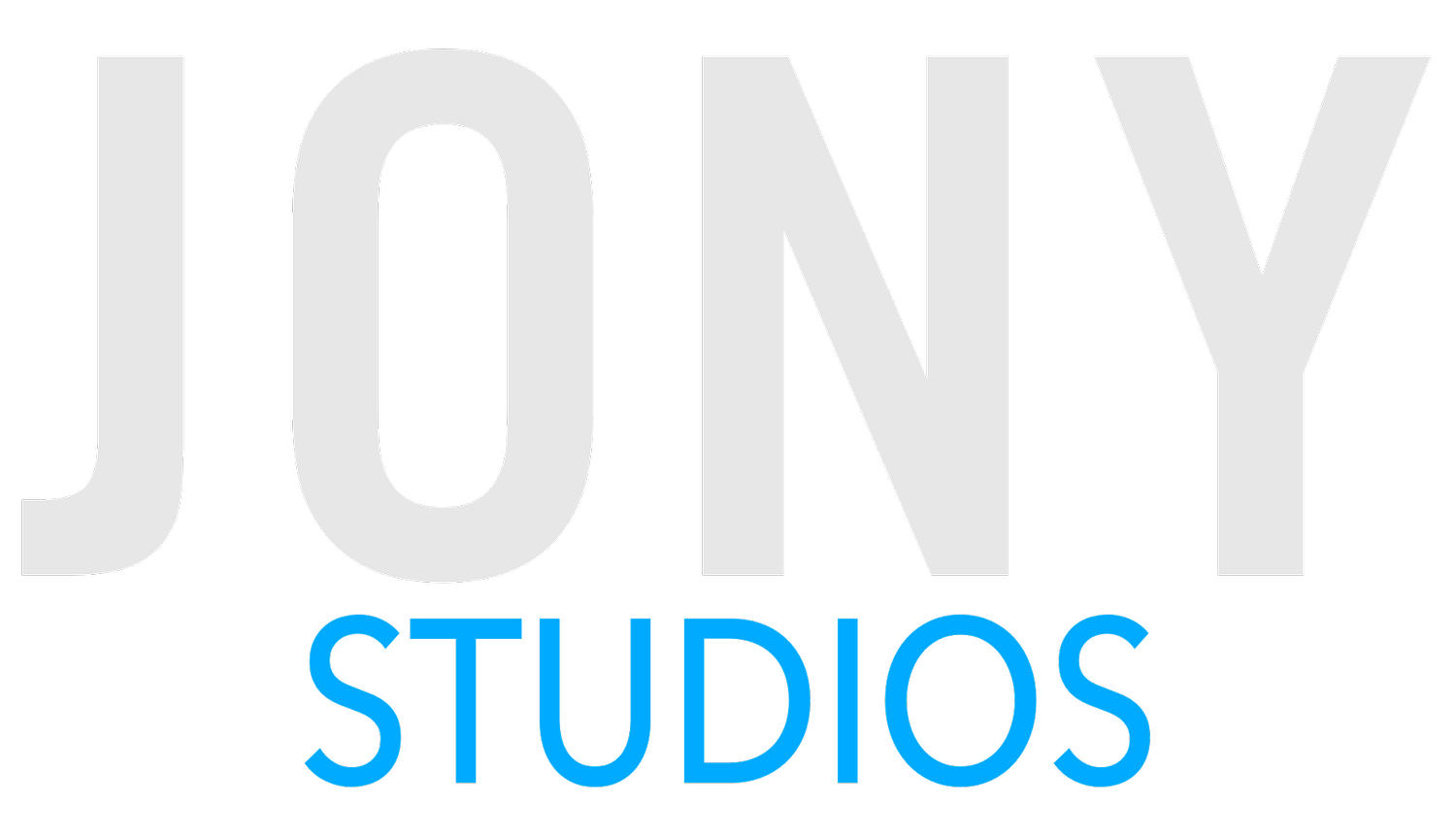“Why listen to audiobooks when I can read an actual book?” A question I asked myself all the time when first hearing about the existence of audiobooks. I ended up doing some research on it to see if it was really for me and found out why people do listen to audiobooks instead of actually reading books. Here’s 7 reasons why audiobooks can greatly benefit you and your health for the better.
1. Improve Listening Skills in Children
Developing something as important as listening skills in young children is crucial, given their age. This is where the majority of their learning skills are developed which makes it so that they are able to learn and adapt to things quicker - like a sponge.
2. Build and Improve Your Own Literacy Skills
Who says we stop learning and bettering ourselves once we become adults? There is always room to grow and improve ourselves and it can start with the skills that we learned from young. Listening to audiobooks can help build up your literacy skills, particularly in those with learning disabilities or when it comes to learning a new language like English.
3. Positively Affect Your Sleep
Our screens have a blue light that impacts our eyes and brains in not a really great way. It can affect your sleep in drastic ways, making it hard for you to even get to the act of falling asleep. Steering away from the screen and occupying yourself with an audiobook can allow for a sooner and better night’s sleep.
4. Reduce Negativity In Your Head
In place of unwanted thoughts, listening to something else can allow for a much more positive mood, disrupting any negative thought processes that may occur.
It also makes any menial, everyday tasks more enjoyable when listening to an audiobook while performing them and can assist in helping manage your time.
5. Just Like Reading A Book
Minus the physical act of holding the book and reading it with your own two eyes, listening to an audiobook does cause the same activity in the brain as it would when having the physical copy in front of you.
6. Relax Your Eyes
On a daily, many people are staring at their screens for most of their waking hours. This can lead to many negative health issues such as poor eyesight, and blurred vision. Putting the phone down and listening to an audiobook can definitely help give your eyes a much-needed break.
7. Immerse Yourself Into Another World
Lay back, relax and fully immerse yourself into the world of the story. Many readers (like myself) visualize the words written across the page, or in this case, the sounds being delivered through our headphones. Through audiobooks, it can make this visualization much more real without the need to focus on what’s in front of us, but rather what we hear.
Conclusion
There are many benefits to transitioning into audiobooks such as improved literacy skills in children and adults, time management skills, mood (diverting negative thoughts into positive ones), which can also lead to better sleep. It also helps with completely immersing yourself into another world within the pages without the distraction of hundreds of words laid out in front of you. Do you listen to audiobooks? If so, which ones are your favorites and why? Let us know!
Written by Tina Phong
If you need help turning your book into an audiobook, we offer audiobook production services that will help you reach a wider audience and increase your book sales.
Learn more here and listen to some of our audiobook samples.
























